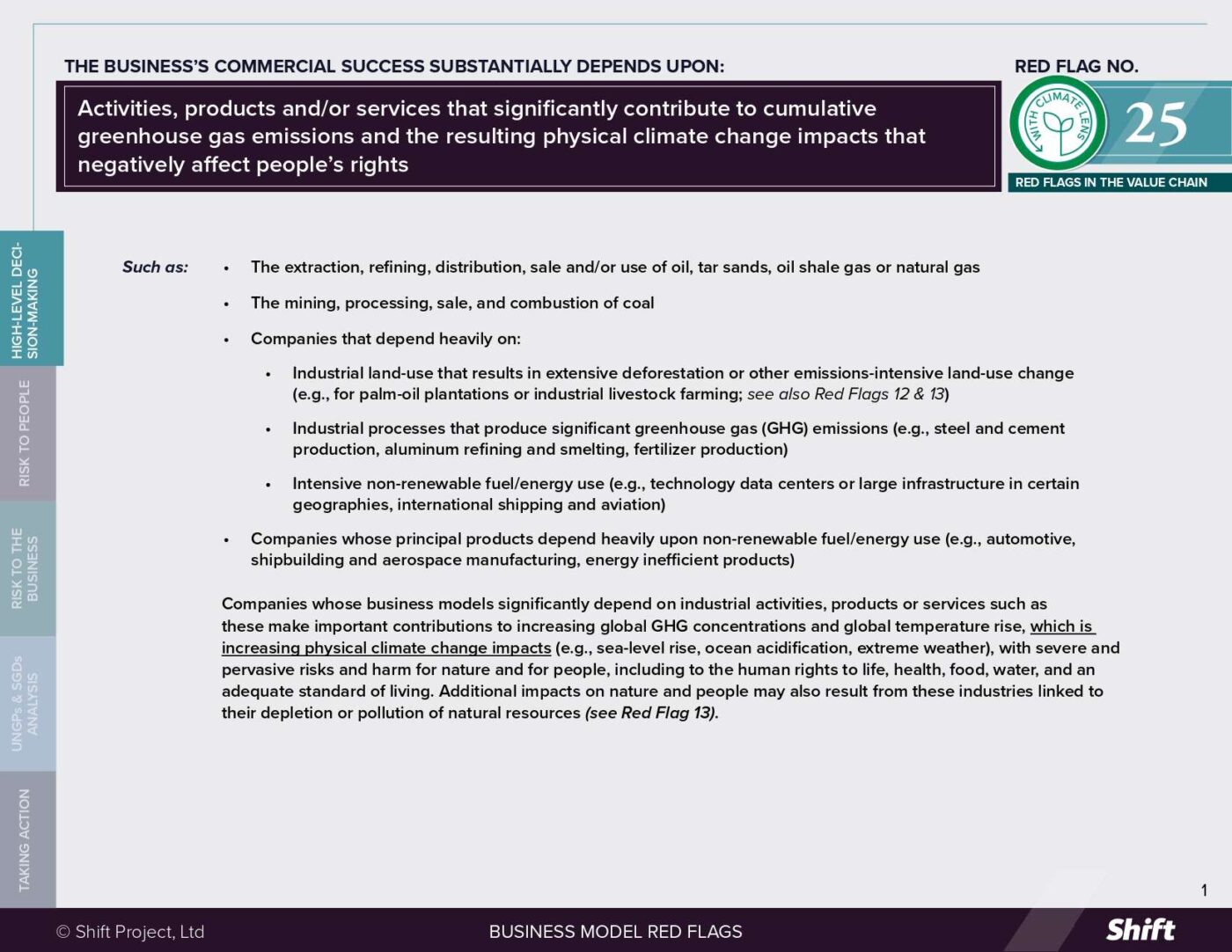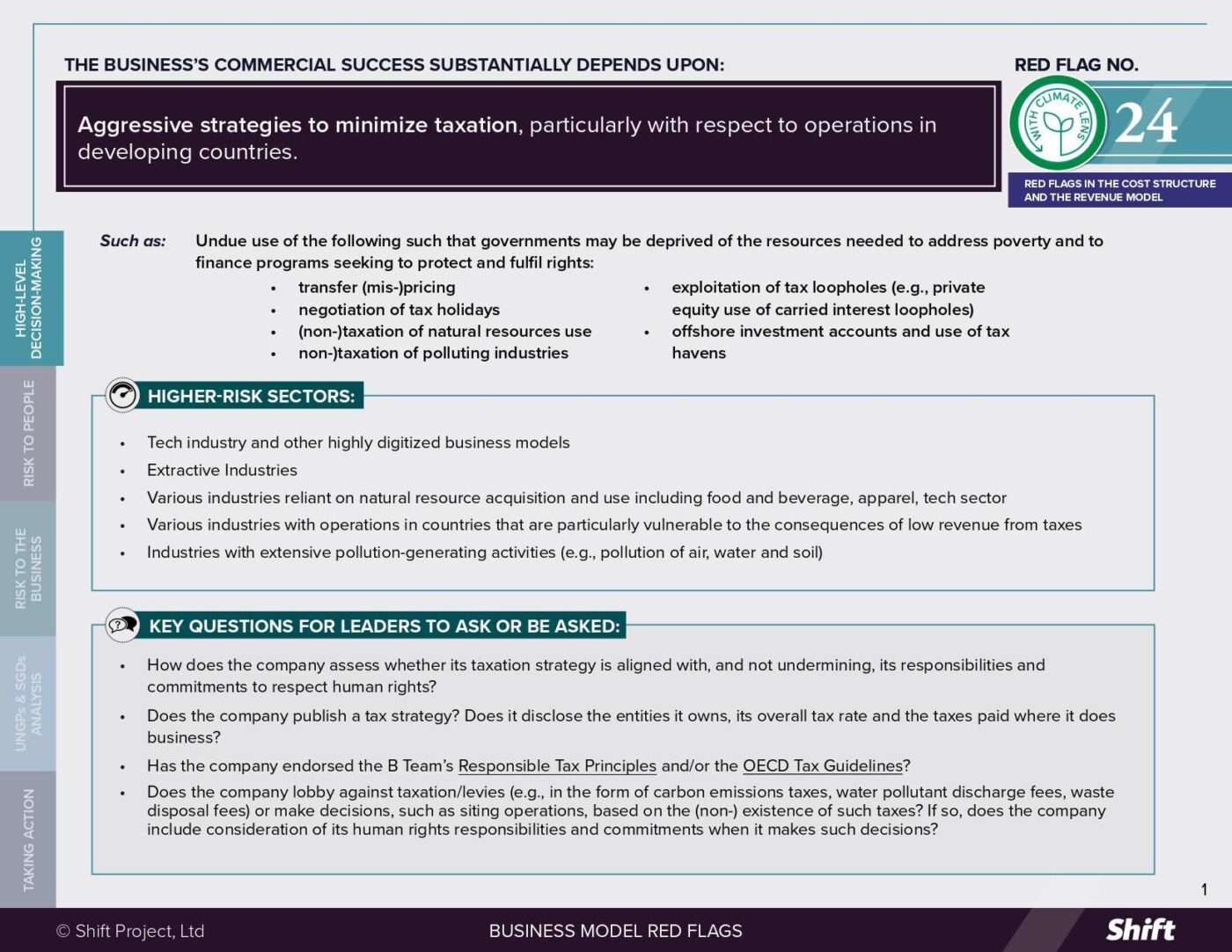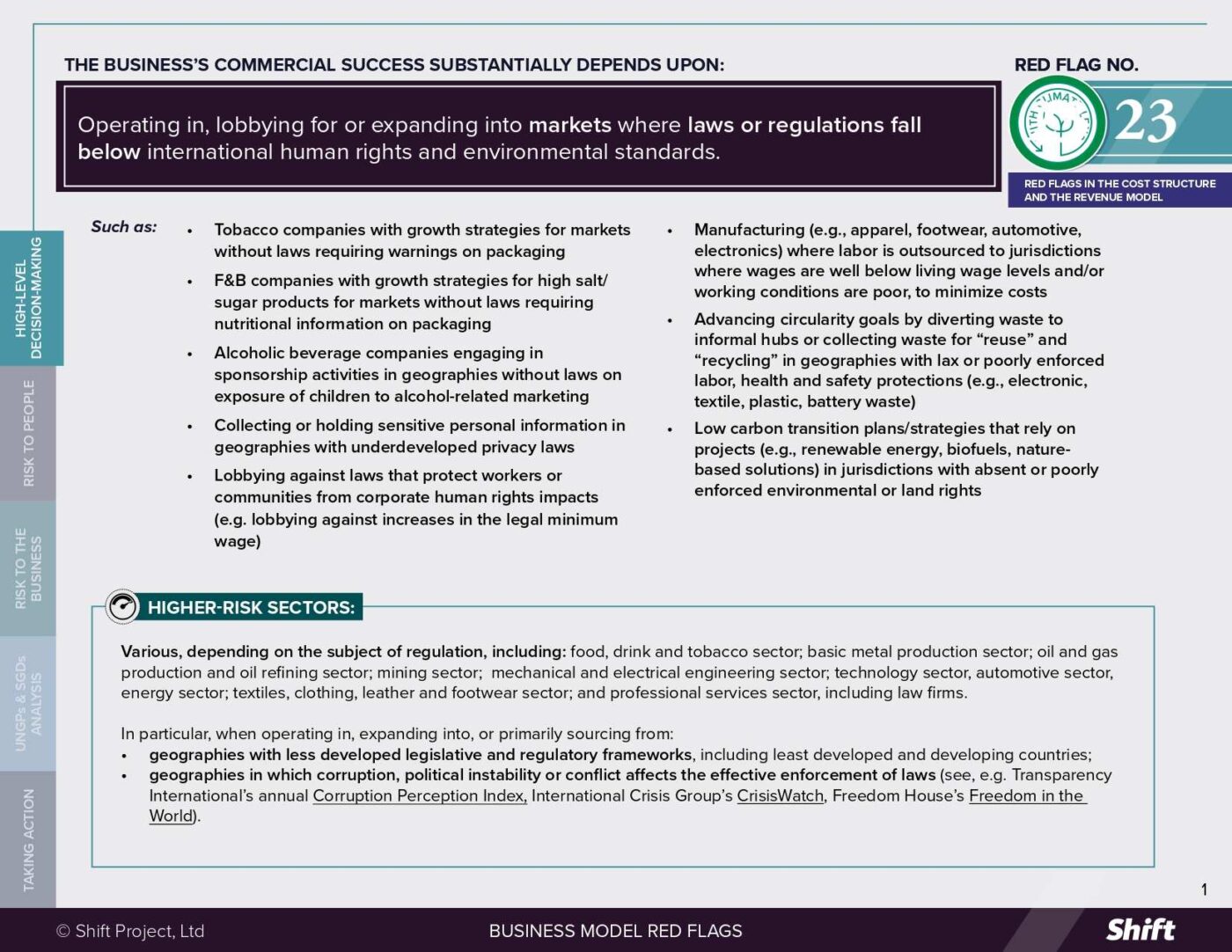Jump to the dedicated website for the UNGP Reporting Framework | Also see: Shift’s reporting program
The first comprehensive guidance for companies to report on human rights issues in line with the United Nations Guiding Principles on Business and Human Rights (UNGPs) launches today in London. The guidance, the United Nations Guiding Principles Reporting Framework, is the culmination of 18 months of research and consultation led by the leading centre of expertise on the UN Guiding Principles on Business and Human Rights, Shift, and international accountancy firm Mazars.
Companies from five different industries are early adopters of the Guiding Principles Reporting Framework, including Unilever – the first adopter – plus Ericsson, H&M, Nestlé and Newmont. Many other companies across industries are expected to start using the Reporting Framework in 2015. | Latest information about who is using the Framework, and links to reports
At an evening reception in London, Richard Howitt MEP will moderate a discussion about the importance of corporate reporting on human rights with Professor Ruggie, the author of the UN Guiding Principles on Business and Human Rights, Jo Swinson, UK Minister for Employment Relations and Consumer Affairs, and Marcela Manubens, Global VP for Social Impact at Unilever. | See Unilever’s report, issued June 2015 | Watch video from event
Caroline Rees, President of Shift, comments, “The UN Guiding Principles Reporting Framework is a ground-breaking and vital tool for companies to know and show that they are managing risks to human rights effectively throughout their operations and value chain, with the potential for positive impact on millions of peoples’ lives. We are delighted by the positive reactions of companies, investors and civil society to the Reporting Framework thus far and we look forward to seeing many more businesses take it up in the future.”
Sixty-seven investors representing $3.91 trillion assets under management have signed a statement of support for the Reporting Framework, calling it, “an essential tool for investors to review companies’ disclosure on their understanding and management of human rights risks, to incentivize improved disclosure on human rights issues, and to guide their engagement with companies.” | Latest figures for investors backing the Framework
The Reporting Framework, organized in a series of “smart” questions, enables companies to begin reporting on their human rights performance, regardless of size or how far they have progressed in implementing their responsibility to respect human rights. It is also designed to incentivize them to improve over time.
Richard Karmel, Head of Human Rights at Mazars explains, “The Reporting Framework will act further as a guide to companies on how they can modify their behaviours and enhance their controls to reduce the potential for negative human rights impacts. The Reporting Framework places the focus of reporting on a company’s salient human rights issues: the human rights that are most severe, based on what the company does, where it works and with whom it works.”
Although the Framework is relevant and accessible for all companies, recent growth in reporting requirements on human rights focus mostly on large and listed companies. In October 2014, the European Union adopted a directive requiring around 6,000 companies to disclose non-financial information, including human rights performance, by 2017. However, as Karmel concludes, “If 2017 reporting is to be meaningful, new approaches are needed for behavioural change – now. We see the Reporting Framework as a catalyst for this change.”



